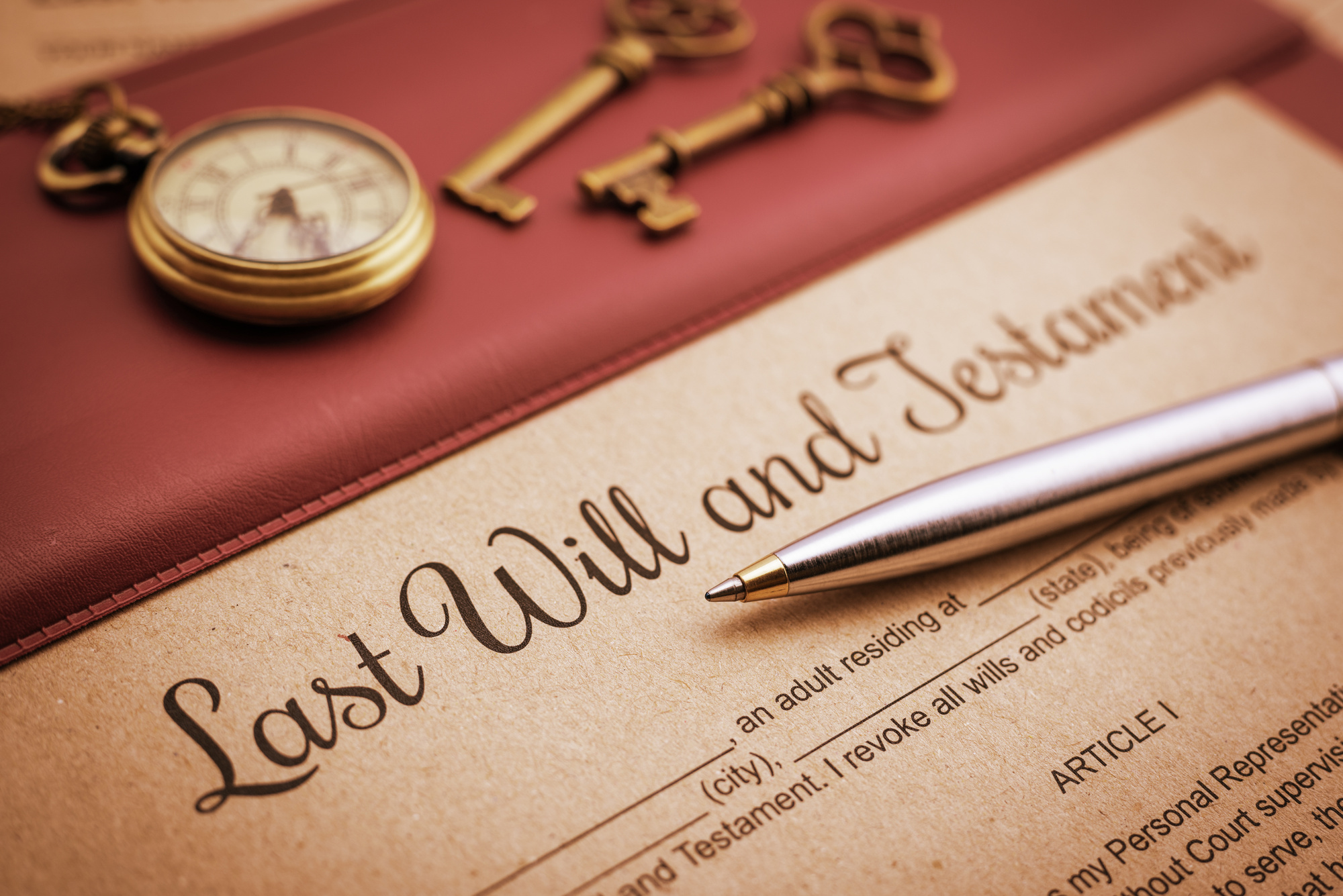Let’s be honest, there’s nothing enjoyable about planning for the end of life.
After all, most people would rather think about anything other than dying. Unfortunately, no one gets out of here alive, thus you’d be wise to take charge of your estate rather than letting the courts make those decisions for you after you’re gone.
Planning a will doesn’t have to be stressful. In fact, the process of learning how to make a will can actually be an empowering experience.
This article takes a look at the documents needed for will preparation, including why you should use a will preparation worksheet. Continue reading to learn all the important details.
Basic Personal Information
Let’s start with the basics. You’ll need to include personal information like your full birth name, birth date, and your current address.
It’s also a good idea to go ahead and include others names you commonly use, such as nicknames used by family members in daily life.
Along with information about you, be sure to include the names of your spouse, children, and family members. When it comes to additional members of your family, be sure to include their relationship to you.
Testamentary Intent
It’s important to understand that a will must contain proper legal language. The purpose of this language is to show that this document is to be used as a will and not anything else.
Phrases such as “This is my last will and testament” help the courts to understand that you consciously and purposefully created this document to declare how you want your assets to be distributed following your death.
The legal language contained in your will is known as testamentary intent and is a requirement in order for your will to be considered valid.
List All Assets and Beneficiaries
Next, you’ll need to include a list of all your assets. Be as specific as possible. This list should include cash, stock, investments, and physical assets such as your home and other types of real estate.
You should also name each of the beneficiaries who receive the assets listed in your will. This will enable the court to distribute your assets according to your final wishes.
Choose an Executor
At the time of your death, it will be an executor’s job to read the will and distribute your assets to the list of beneficiaries.
Thus you will need to appoint an executor to carry out the terms of your will. It will also be the executor’s job to handle certain matters such as settling any debts that might remain and to deal with filing taxes on behalf of your estate.
You’d also be wise to hire an experienced real estate attorney.
A Quick and Easy Guide to Planning a Will
Most people don’t get excited about sitting down to think about their will. Fortunately, this guide to what to include when planning a will helps make the process as stress-free as possible.
Please continue exploring the lifestyle content on this blog for more great tips and advice.











